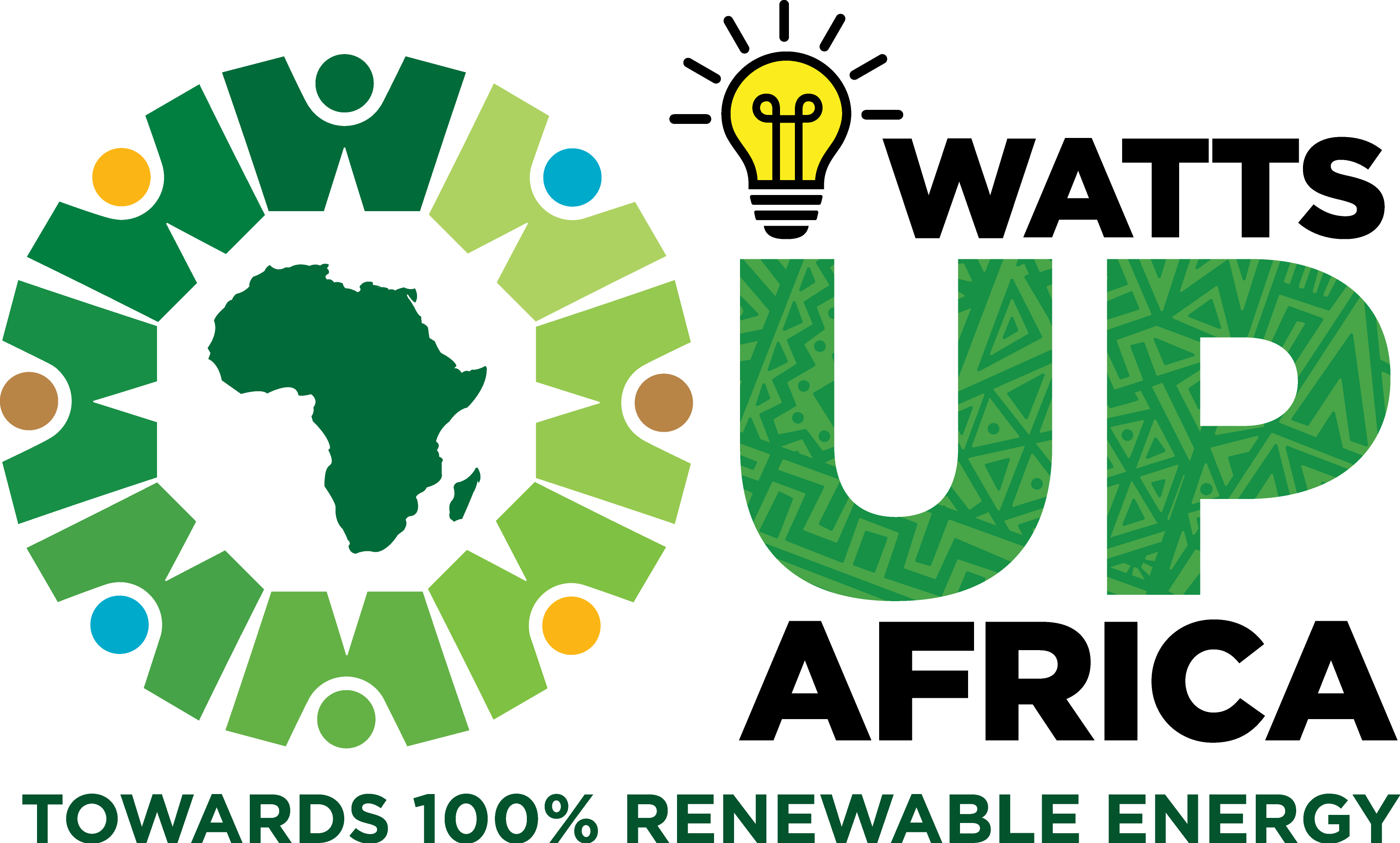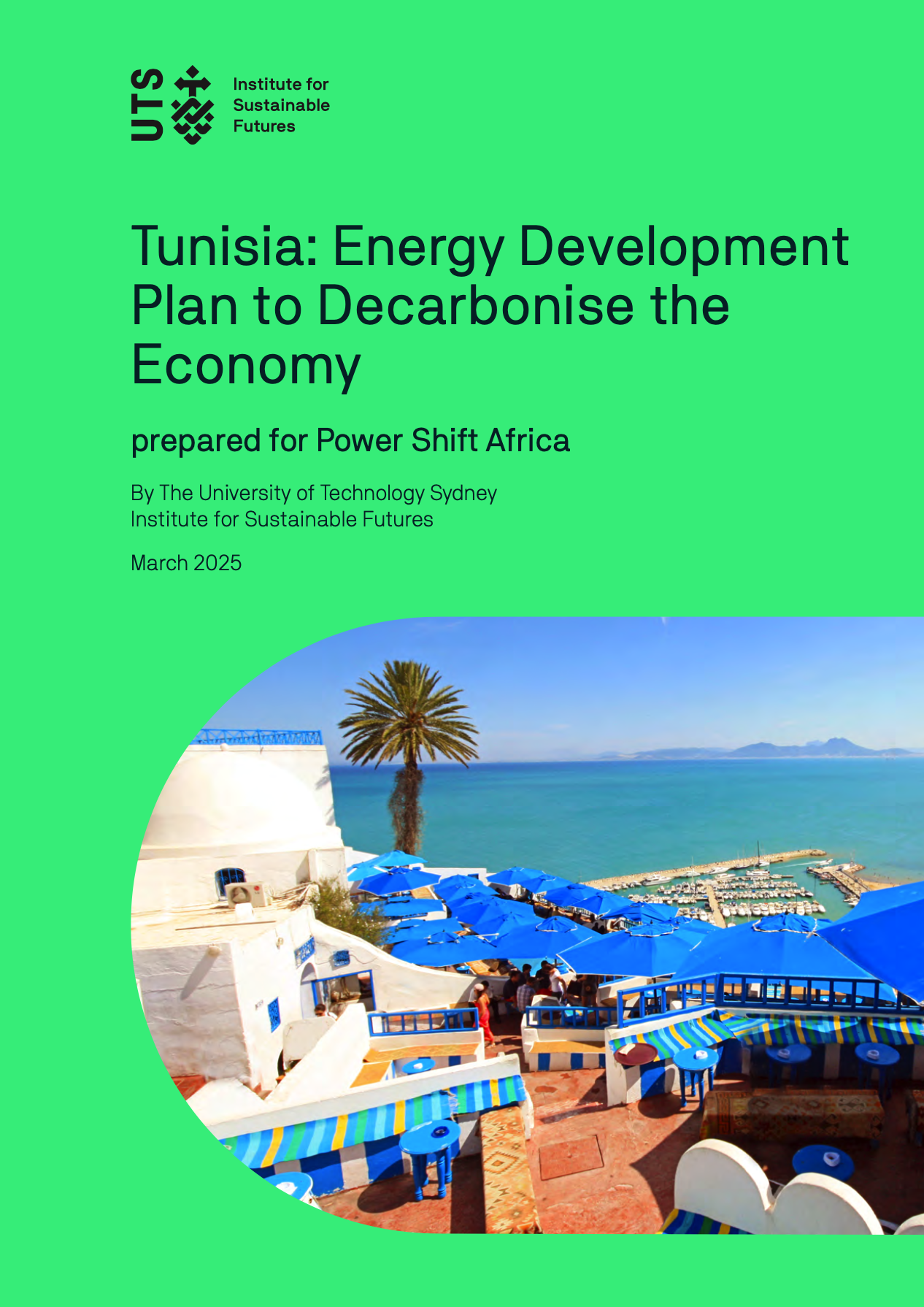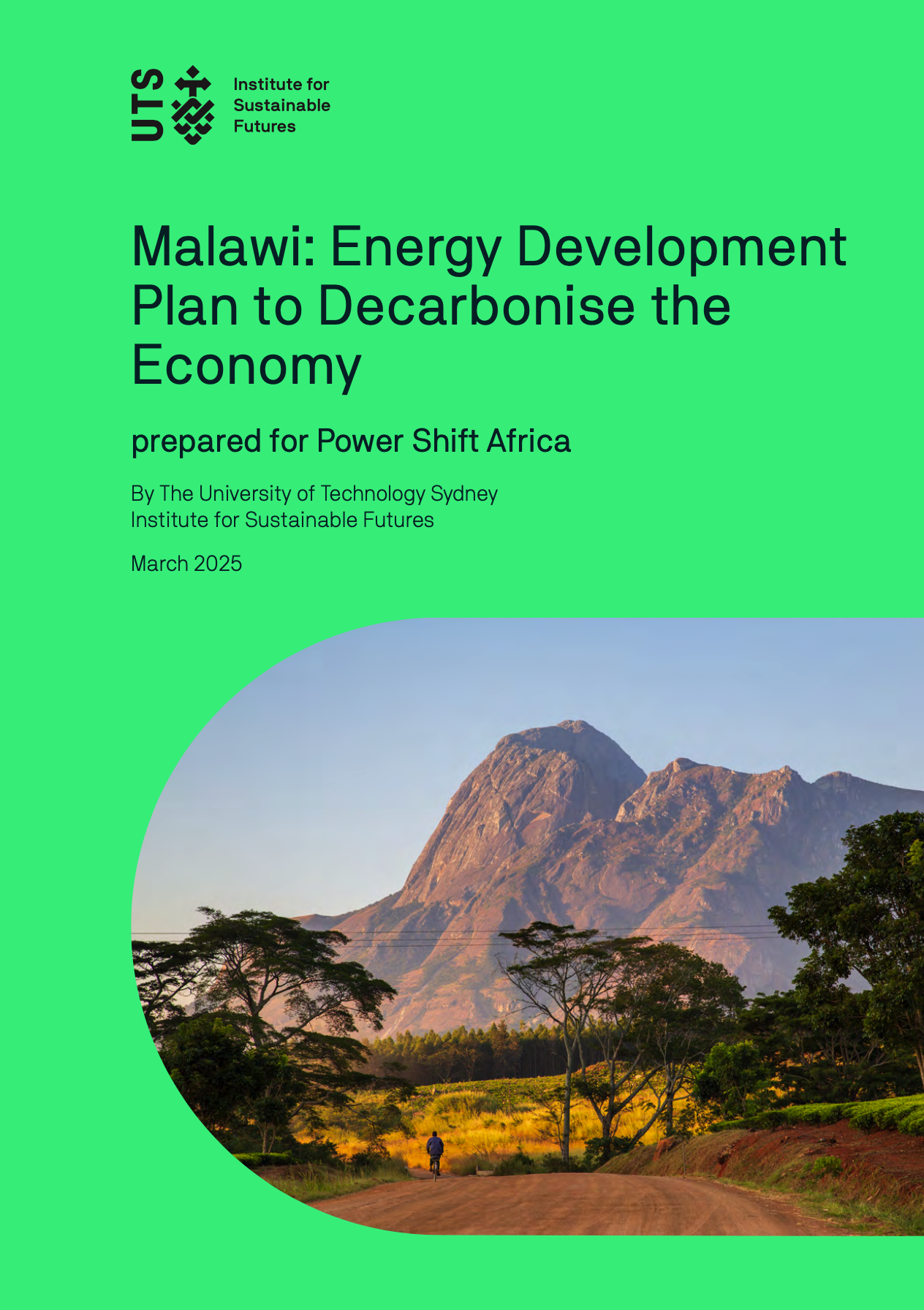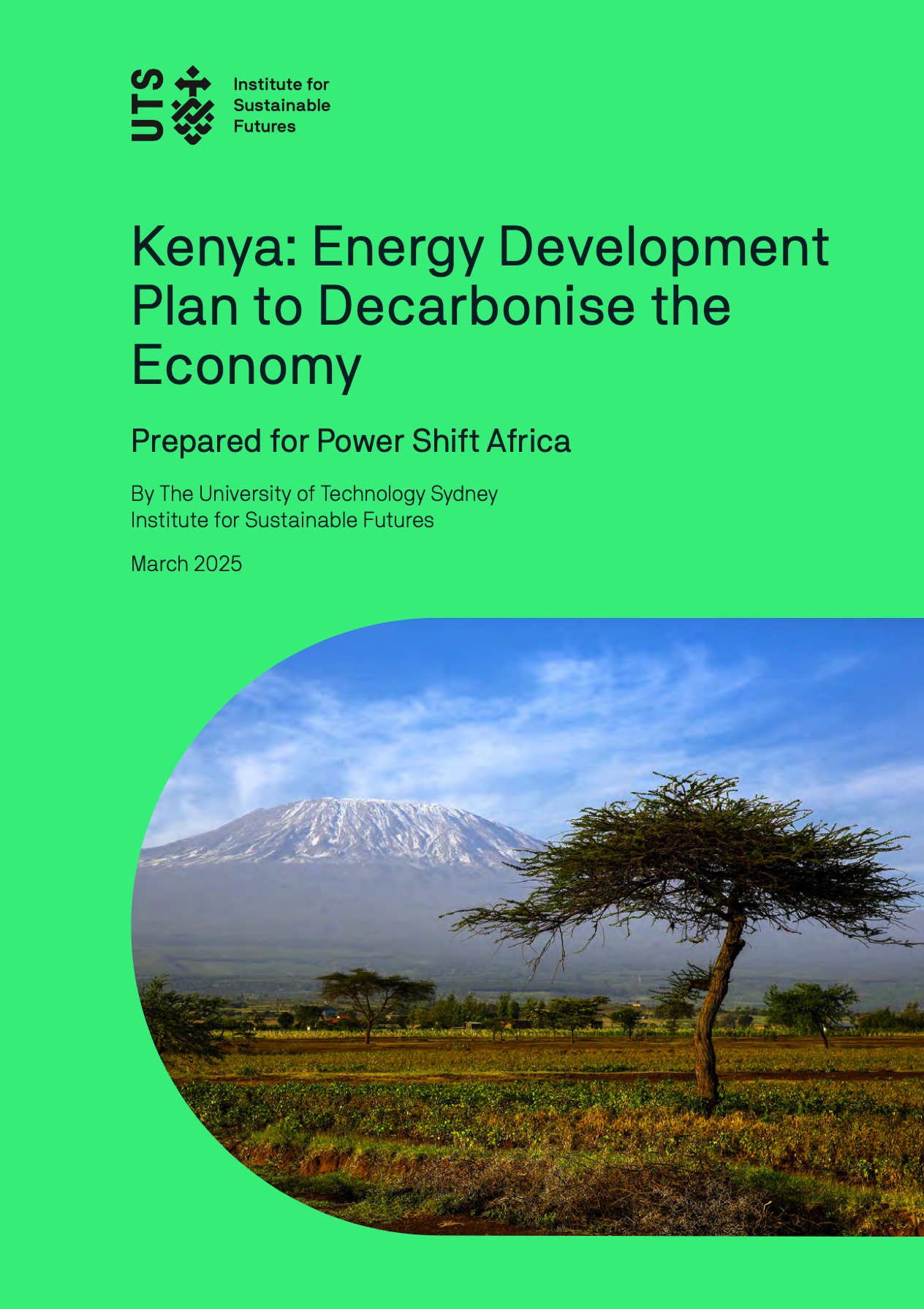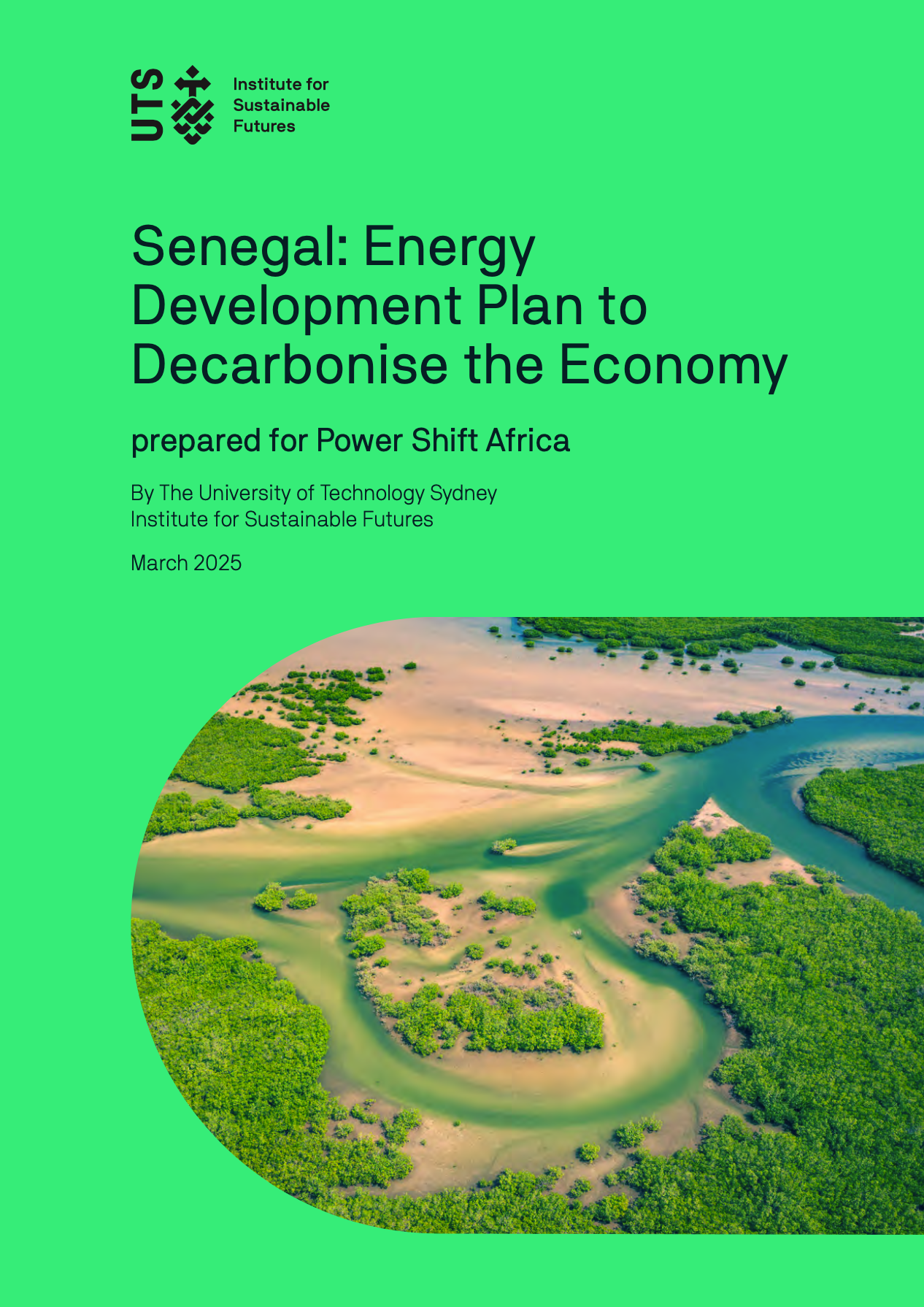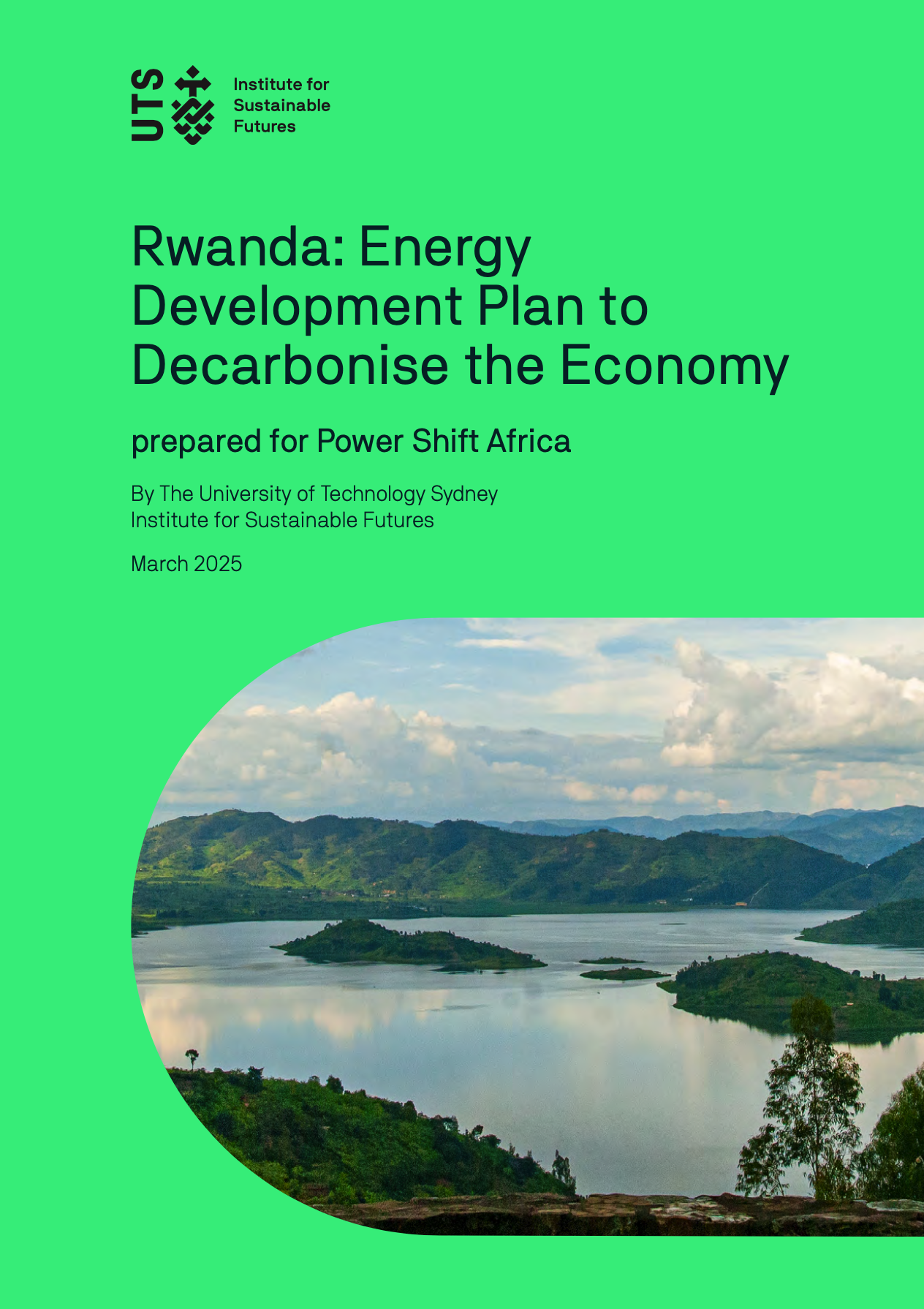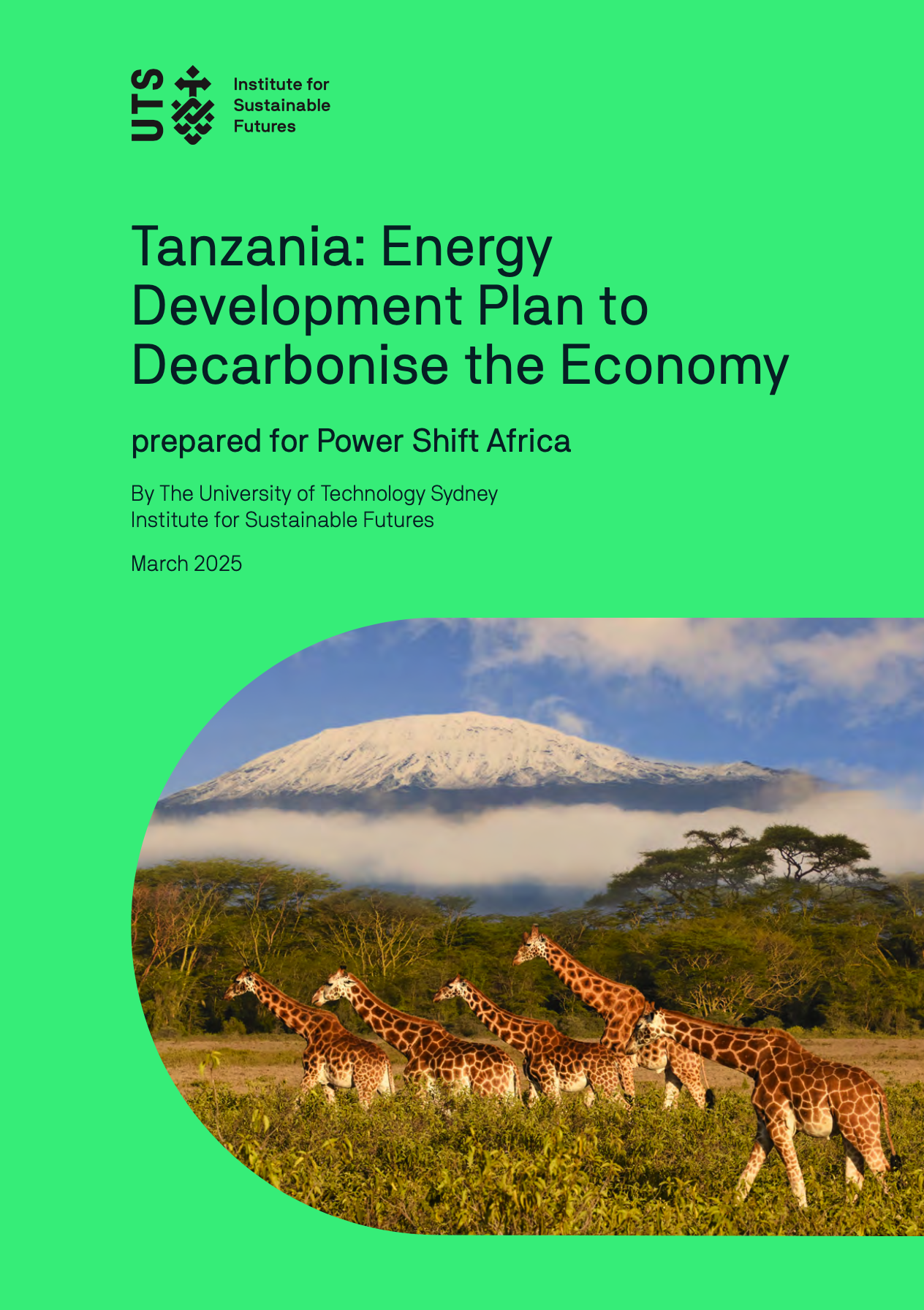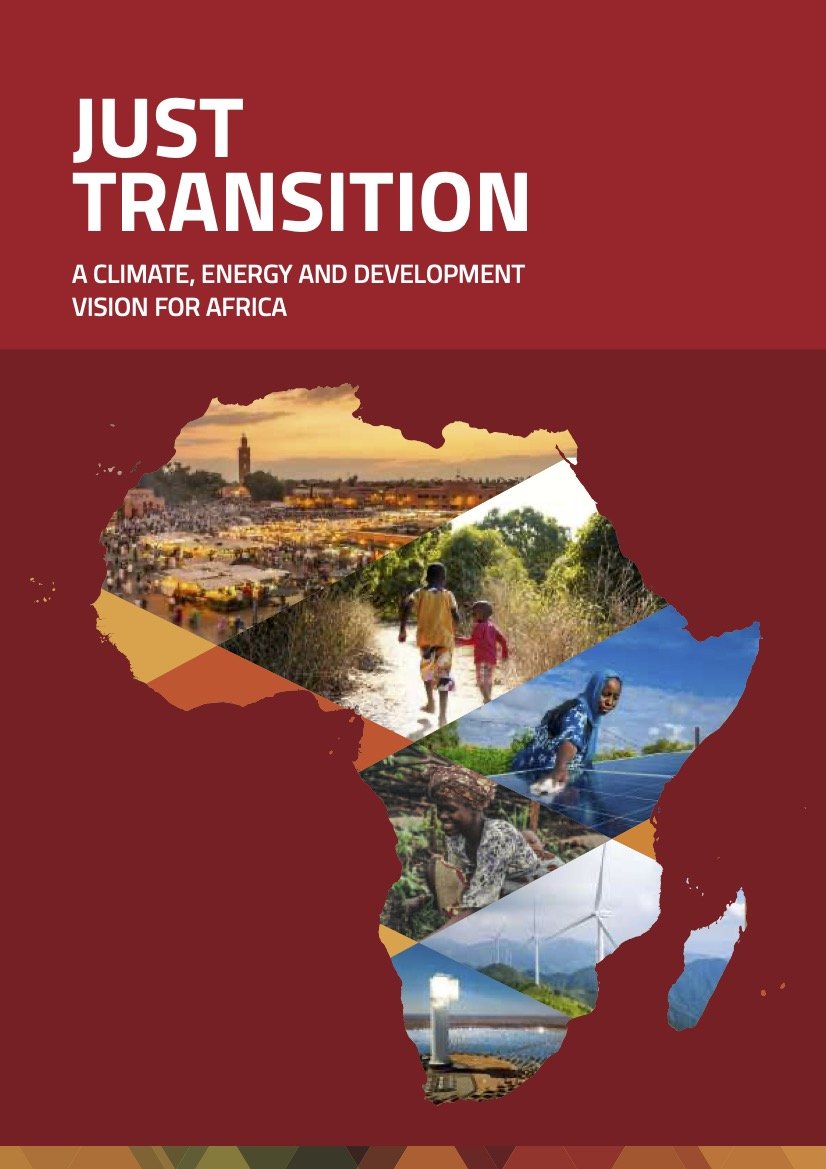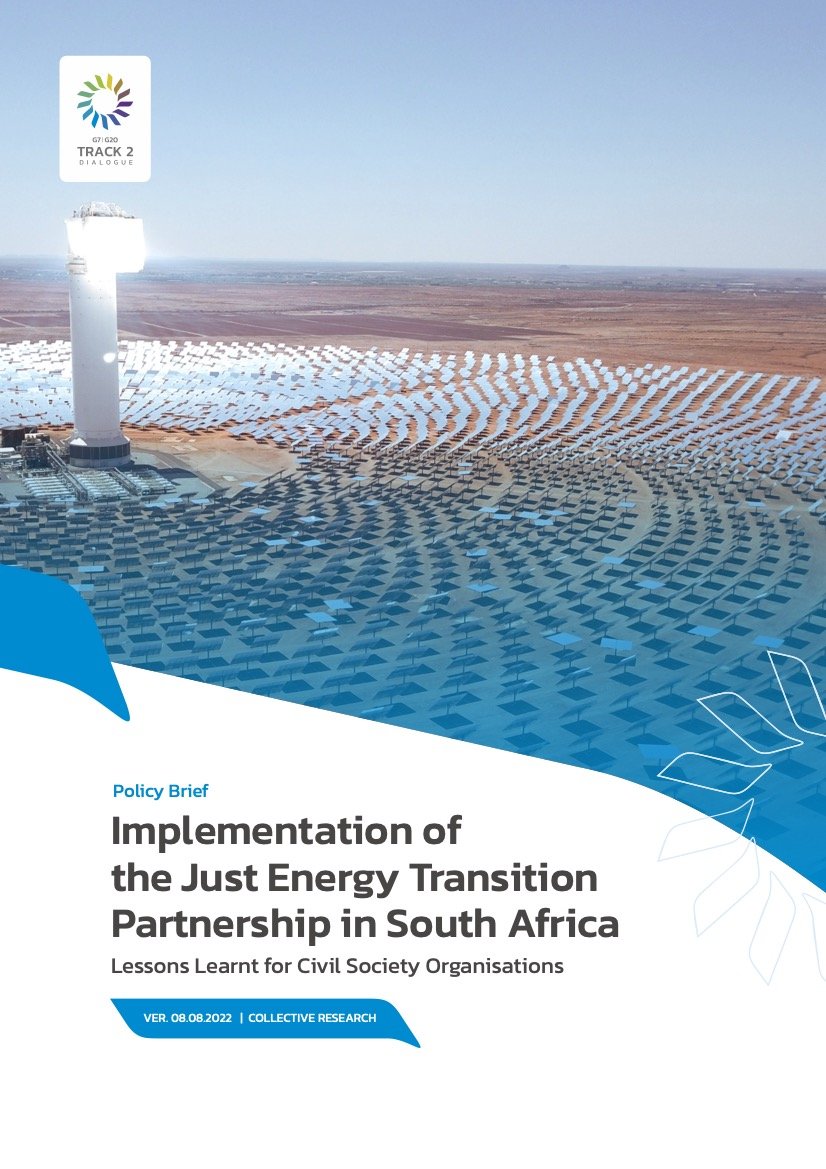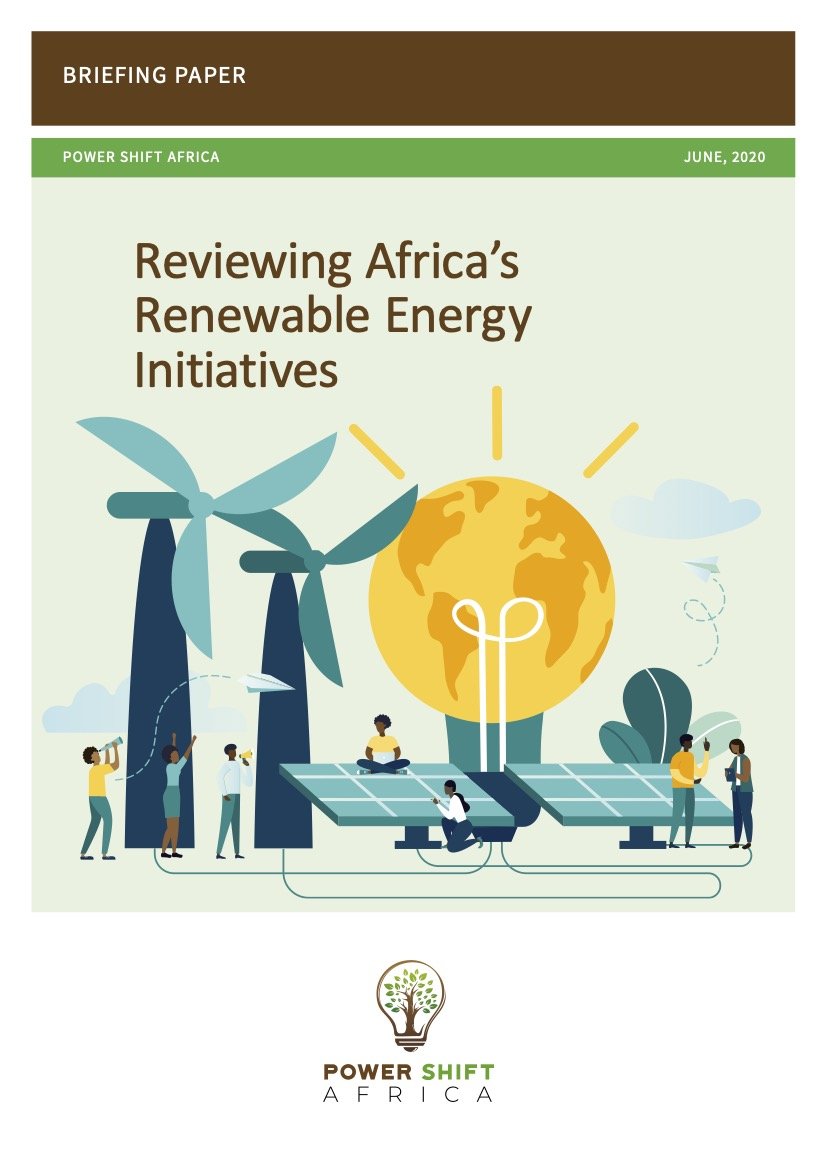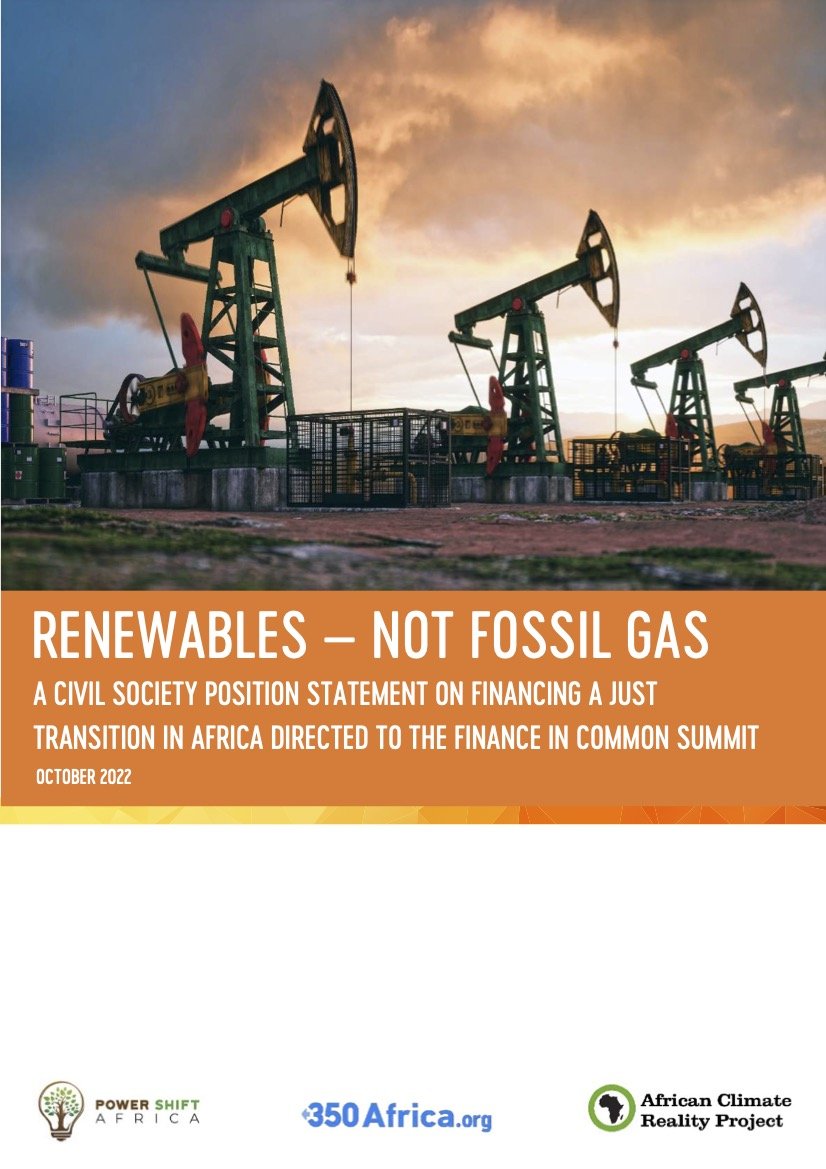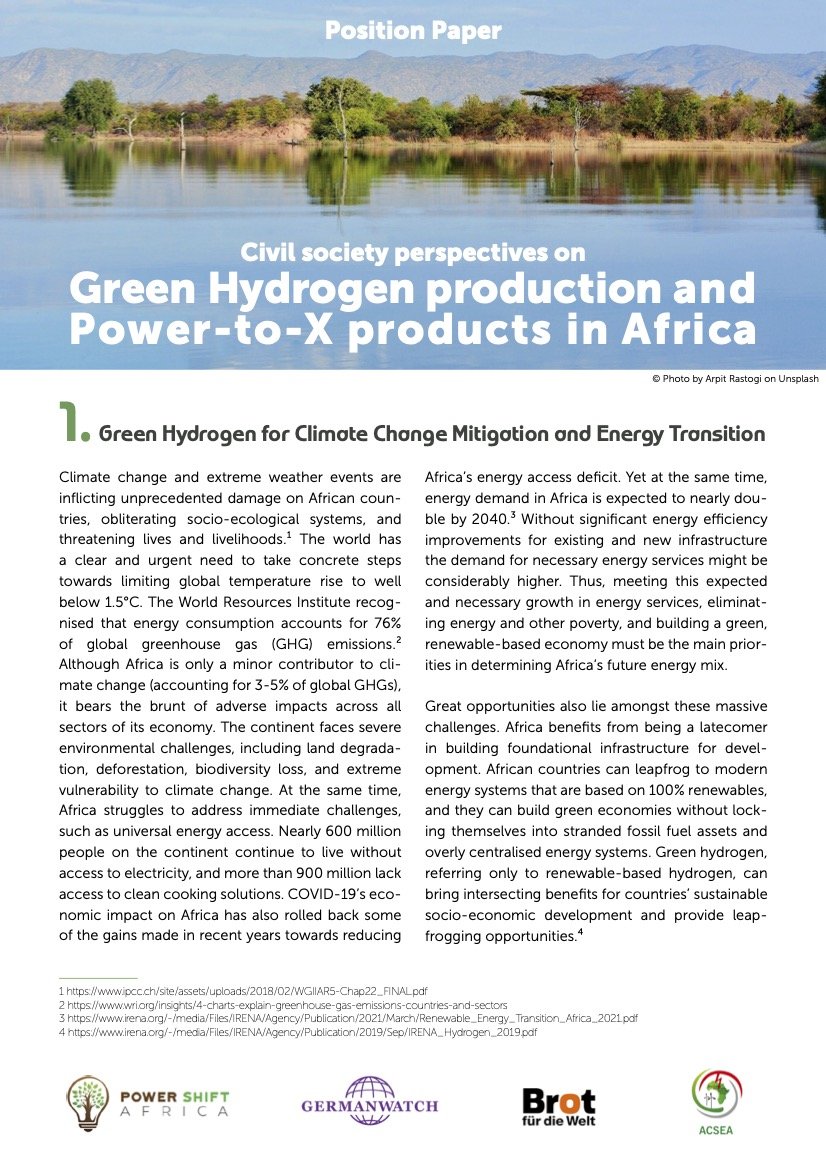Media Center
Latest Insights on Renewable Energy and Sustainability
Reports
Since the 2011 Revolution, Tunisia has progressed in meeting its nationally determined contributions (NDCs) and setting a net-zero emissions target aligned with the Paris Climate Agreement goals.
Malawi has achieved respectable GDP growth in the past, averaging 5% between 2004 and 2019. However, the country faces significant challenges in achieving inclusive and sustainable growth.
This report presents a comprehensive study on developing 100% renewable energy pathways for Kenya, challenging current government and private sector plans, and providing new scientific input for future policies.
Senegal submitted its first NDC at the end of 2020 and is advancing its climate policy to reduce CO₂ emissions by 29% by 2030 (conditional upon external support) and achieve a cumulative installed capacity of 235 MW for solar and 150 MW for wind energy by 2030.
This report is the result of a joint study to develop comprehensive energy scenarios for Rwanda, focusing on the development of 100% renewable energy pathways to provide data for future NDC reports for the UNFCCC.
This work focuses on developing 100% renewable energy pathways for Tanzania, aiming to provide data for future NDC reports for the UNFCCC and offering new scientific input for future policies.
Blogs
Blogs
This article discusses concerns about foreign nations seeking to exploit Africa’s rich deposits of critical minerals essential for the green energy transition. It emphasizes the need for fair trade agreements and local benefits to prevent a new wave of exploitation and green neo-colonialism.
The article highlights the importance of Africa’s critical minerals, such as cobalt and lithium, in the global shift towards renewable energy. It underscores the necessity for sustainable and equitable extraction processes to ensure that Africa benefits from its resources.
This opinion piece argues that merely possessing critical minerals won’t lead to development. It advocates for a Pan-African industrial policy focused on the just transition to extract and utilize mineral wealth effectively, aiming for inclusive economies and environmental protection.
The article introduces Mission 300, an initiative by the World Bank Group and the African Development Bank aiming to connect 300 million people in sub-Saharan Africa to electricity by 2030. It discusses the potential benefits and challenges of this ambitious project.
This piece emphasizes the importance of Free, Prior, and Informed Consent (FPIC) in renewable energy projects across Africa. It argues that integrating FPIC is essential to ensure that local communities’ rights and livelihoods are protected during the continent’s transition to renewable energy.
The article discusses the challenges Africa faces in attracting clean energy investments, noting that the continent receives only about 2% of global energy transition investments. It highlights the need for risk mitigation mechanisms to unlock capital and drive sustainable development.
Multimedia
Multimedia
Resources
This report offers a fresh outlook on Africa’s development agenda, emphasizing sustainable and innovative approaches. It highlights renewable energy as a critical component for development, advocates for universal food sovereignty, and promotes industrialization powered by Africa’s natural and technical resources.
This policy brief examines lessons learned for Civil Society Organizations from the implementation of the Just Energy Transition Partnership in South Africa, providing insights into the challenges and opportunities encountered.
This publication provides an overview of the current state and potential of renewable energy in Africa, discussing strategies and recommendations for accelerating the continent’s transition to sustainable energy sources.
A civil society position directed at the Finance in Common Summit, this publication advocates for financing a just energy transition in Africa by prioritizing renewable energy investments over fossil gas.
Considering Africa’s abundant renewable energy potential, this report explores the emerging interest in green hydrogen as a means for large-scale decarbonization and its potential role in Africa’s socio-economic transformation
